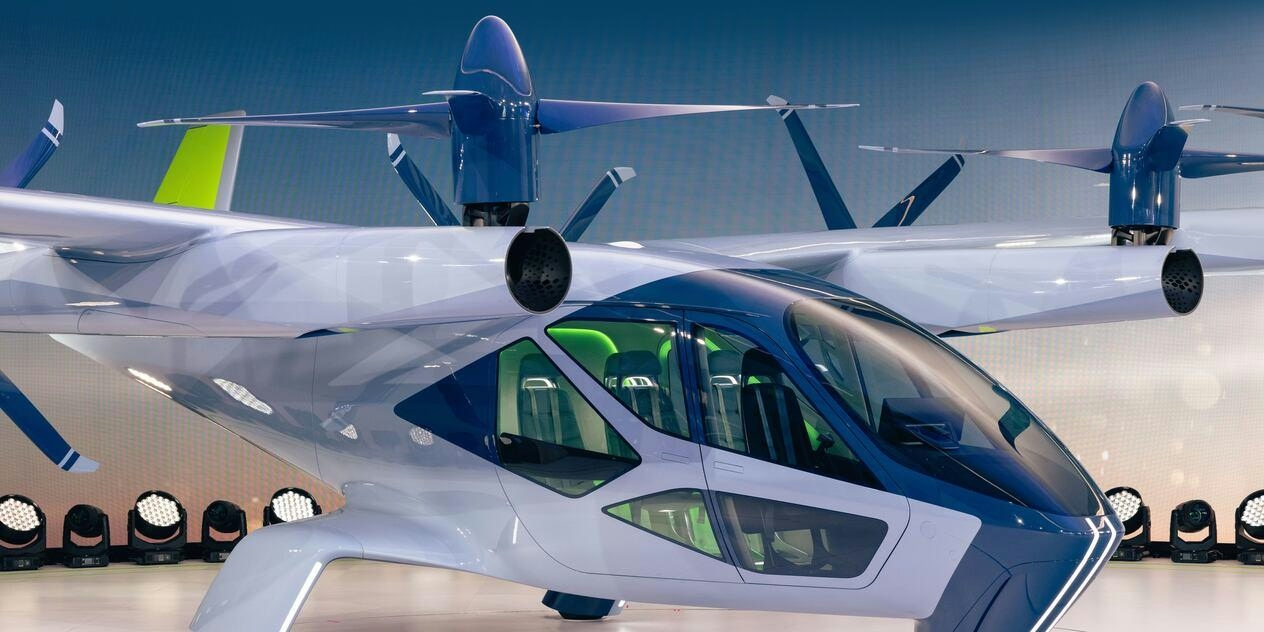AeroGenie — 您的智能副驾驶。
热门趋势
Categories
Hyundai’s Supernal Startup Lays Off 53 Employees in California Amid Shift to Flying Taxi Production

Hyundai’s Supernal Startup Lays Off 53 Employees in California Amid Shift to Flying Taxi Production
Hyundai’s electric vertical takeoff and landing (eVTOL) startup, Supernal, has announced the layoff of 53 employees across its California operations, representing roughly 10% of its local workforce. This reduction reflects the company’s strategic pivot from technology development toward the certification and production phases of its flying taxi program.
Workforce Reductions and Organizational Realignment
The layoffs affect 25 employees at Supernal’s headquarters in Irvine, 27 at its Fremont facility in the Bay Area, and one at its Mojave site, according to a filing with California’s Employment Development Department. These job cuts, which began on June 30 and are expected to be permanent, will reduce Supernal’s total workforce to approximately 500 employees. The company relocated its headquarters from Washington, D.C., to Irvine two years ago as part of its broader expansion efforts.
Veronica Grigoriou, a spokesperson for Supernal, described the layoffs as part of an “organizational realignment” aligned with the company’s transition toward product development. She emphasized that the decision was made after careful consideration of the company’s roadmap, available resources, and objectives for the remainder of the year.
Certification Timeline and Production Challenges
Supernal is currently navigating the Federal Aviation Administration’s (FAA) certification process, with plans to initiate its application in 2026 and pursue “type certification” for its aircraft by 2028. Despite the workforce reductions, Grigoriou affirmed that the company’s timeline remains unchanged, with production aircraft deliveries still targeted for late 2028. However, a production site for the flying taxis has yet to be finalized.
The layoffs come amid growing challenges for Supernal as it seeks to scale flying taxi production. Industry analysts suggest that workforce cuts may raise doubts about the startup’s ability to meet its ambitious goals. Meanwhile, competitors such as Joby Aviation, Eve Air Mobility, and Amazon Zoox are accelerating their efforts to capture market share in the rapidly evolving air taxi sector. Joby is advancing toward commercial readiness, Amazon Zoox has expanded its self-driving taxi production, and Waymo continues to increase its autonomous taxi operations in California. Regulatory developments, including the National Highway Traffic Safety Administration’s recent easing of rules for self-driving vehicles, further highlight the competitive and dynamic nature of the industry.
Recent Developments and Future Outlook
Supernal has made notable progress in recent months, including conducting tethered flight tests in March and planning untethered demonstrations at its Mojave facility later this year. The company also strengthened its leadership team by appointing David McBride, a former NASA executive, as chief technology officer in March 2024.
The layoffs encompass a broad range of roles, from battery cell test engineers and electrical managers to IT coordinators and project leads. In a letter to the state, Hyunsik Kim, Supernal’s head of human resources, stated that the reductions are intended to support the company’s long-term strategic priorities.
These job cuts were disclosed under the federal Worker Adjustment and Retraining Notification (WARN) Act, which mandates employers to provide at least 60 days’ notice to affected employees when laying off more than 50 workers.
As Supernal advances its transition to production, both the company and the broader advanced air mobility sector face intensified scrutiny and competition ahead of significant milestones, including the LA28 Olympics, where flying taxis are expected to feature prominently.

Capital A Completes Sale of Aviation Business to AirAsia X

Four Gateway Towns to Lake Clark National Park

PRM Assist Secures €500,000 in Funding

Should Travelers Pay More for Human Support When Plans Go Wrong?

InterGlobe Aviation Shares Rise 4.3% Following January Portfolio Rebalancing

Key Market Segments Shaping Airline Route Profitability Software

Locatory.com Gains Traction Among Aviation MROs and Suppliers

JetBlue Flight Makes Emergency Landing Following Engine Failure

58 Pilots Graduate from Ethiopian University

The Engine Behind Boeing’s Latest Widebody Aircraft
